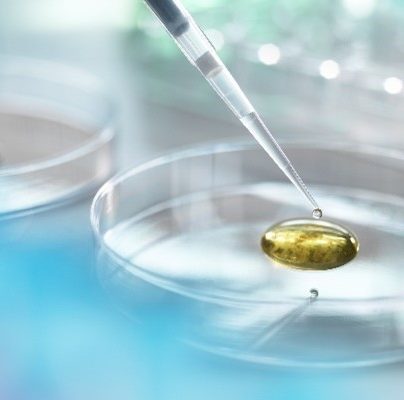Scientific evidence is a staple of many OUI cases. It helps prosecutors prove both the presence and the level of intoxicant(s) in a defendant’s blood. Yet, few prosecutors have seen Maine’s Health and Environmental Testing Laboratory (forensic division) or talked to the chemists who work on breath, blood, and urine testing.
This training will bring together prosecutors and chemists and review the rules, statutes, and case law that each group needs to know. It will teach chemists about the OUI law in general, and it will teach prosecutors about laboratory analysis. Through this mutual understanding, we will improve OUI prosecution in our State. The day will end with mock testimony, based upon factual scenarios, and led by the students.
Topics covered include: OUI law; statutory foundations of admissibility; State v. Williams, 388 A2d. 500 (1978) (Maine’s leading case on the admissibility of scientific evidence); proving the reliability of scientific tests; what HETL chemists can and cannot testify to, and common defenses in OUI cases.


